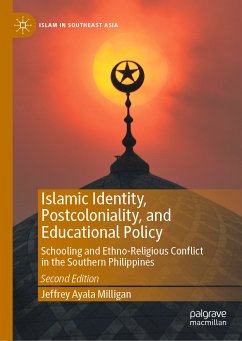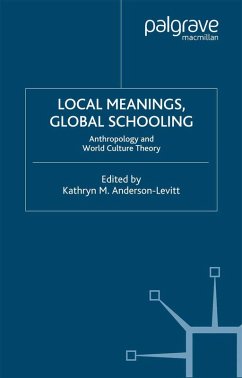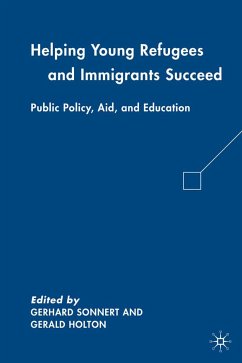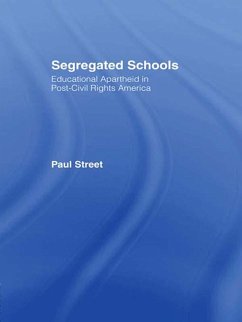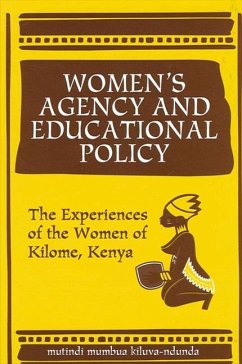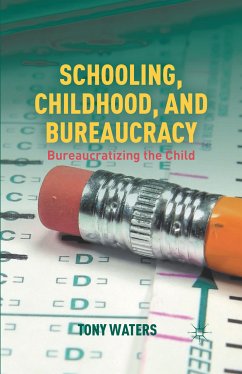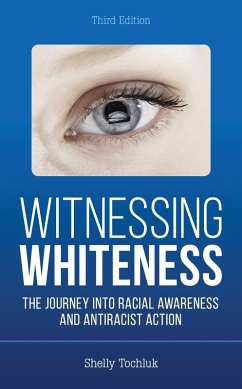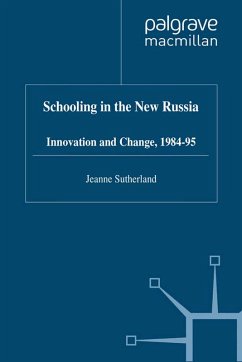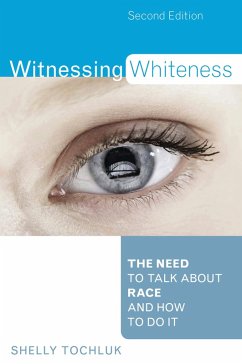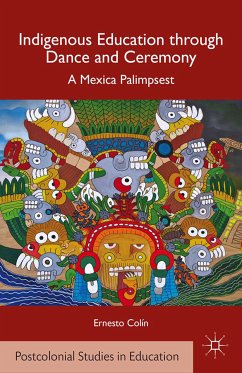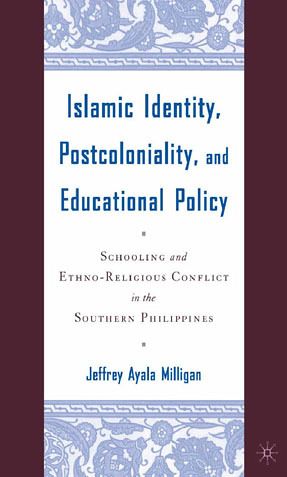
Islamic Identity, Postcoloniality, and Educational Policy (eBook, PDF)
Schooling and Ethno-Religious Conflict in the Southern Philippines

PAYBACK Punkte
20 °P sammeln!
Tensions between Muslim communities and state institutions are endemic in many parts of the world. For decades successive colonial and independent governments in the Philippines have deployed educational policy as a tool to mitigate one such conflict between Muslims and Christians, a conflict which has claimed more than 100,000 lives since the 1970's. Postcolonial Education and Islamic Identity in the Southern Philippines offers a postcolonial critique of this century-long educational project in an effort to understand how educational policy has failed Muslim Filipinos and to seek insight from...
Tensions between Muslim communities and state institutions are endemic in many parts of the world. For decades successive colonial and independent governments in the Philippines have deployed educational policy as a tool to mitigate one such conflict between Muslims and Christians, a conflict which has claimed more than 100,000 lives since the 1970's. Postcolonial Education and Islamic Identity in the Southern Philippines offers a postcolonial critique of this century-long educational project in an effort to understand how educational policy has failed Muslim Filipinos and to seek insight from their experience into the potential and pitfalls of educational responses to ethnic and religious tensions.
Dieser Download kann aus rechtlichen Gründen nur mit Rechnungsadresse in A, B, BG, CY, CZ, D, DK, EW, E, FIN, F, GR, HR, H, IRL, I, LT, L, LR, M, NL, PL, P, R, S, SLO, SK ausgeliefert werden.



